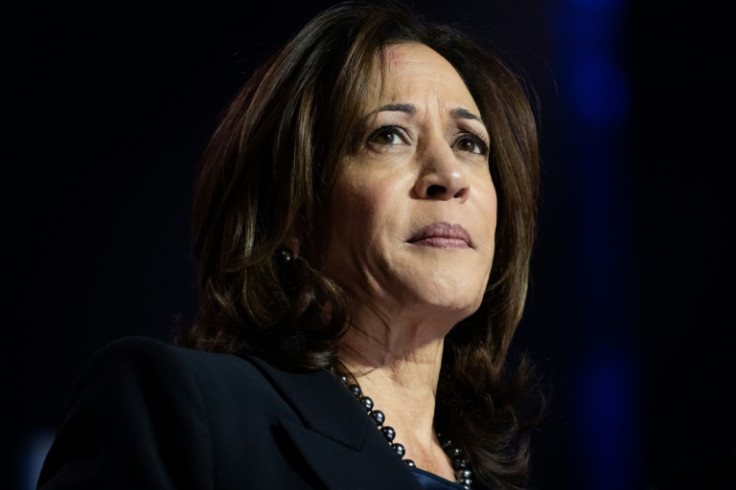
Vice President Kamala Harris is encountering significant uncertainty regarding her future candidacy. Despite her high-profile role, doubts about her potential as the party's nominee are growing, as highlighted by recent political analyses.
Recent polling data underscores the challenges Harris faces within her own party. A June 2024 Monmouth University poll, reported by The Hill, reveals a sharp decline in enthusiasm among Democrats, with only 16% expressing strong support for Harris as the party's presidential candidate. Meanwhile, 51% are comfortable but not enthusiastic, and 32% are uncomfortable with her potential candidacy.
Politico further explores this uncertainty by reporting that influential Democrats are increasingly considering alternative candidates. Figures such as California Governor Gavin Newsom and Michigan Governor Gretchen Whitmer are gaining attention as potential replacements. Newsom, in particular, is noted for his proactive policy positions and public engagements, which have positioned him as a significant alternative to Harris (Politico).
Adding another layer to this narrative, The New Yorker critiques Harris' performance on critical issues. The magazine highlights challenges in her handling of immigration and the southern border crisis, noting that her communication style and ability to present a cohesive vision for the country have been questioned. These issues contribute to a broader perception that Harris may struggle to connect with a wider electorate and build a compelling case for her candidacy.
Supporters argue that her experience and commitment to social justice are valuable, yet the ongoing debate within the party reflects significant uncertainty about her capacity to unify Democrats and effectively challenge Republican opponents in the upcoming election.
The coming months will be critical in determining whether Harris can address these challenges and secure the party's nomination or if Democrats will opt for a different leader in their quest for the 2024 presidential election.







